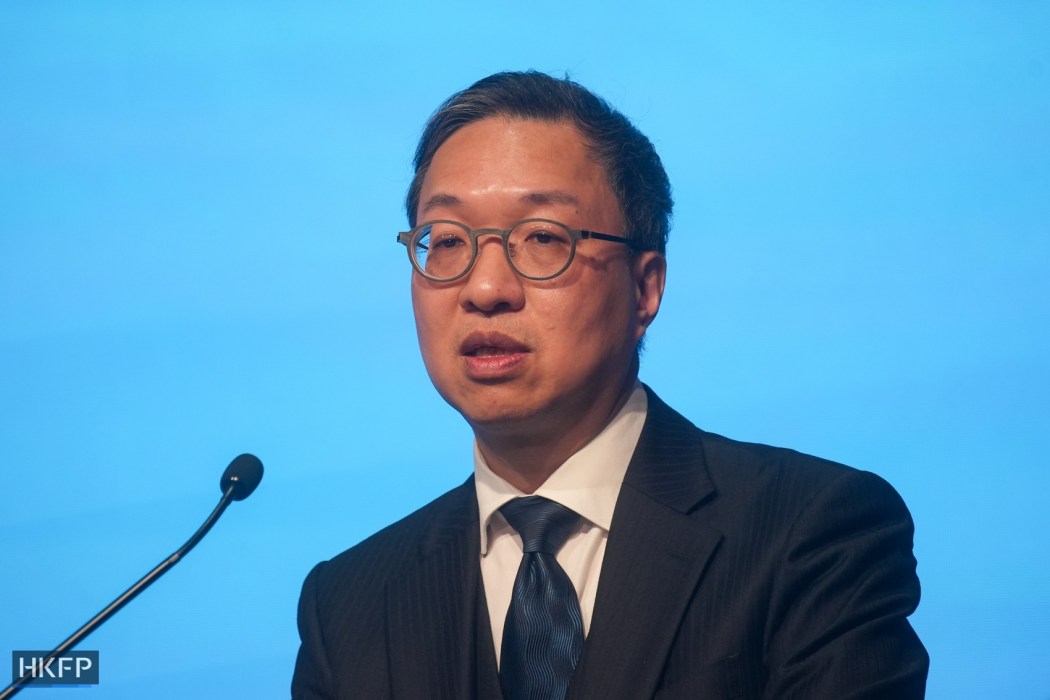Foreign objections have not affected Hong Kong’s new domestic security legislation, justice minister Paul Lam has said, as a lawmaker questioned whether the top US diplomat in the city had endangered national security by criticising the law.

Addressing lawmakers in a panel on the new national security legislation – known locally as Article 23 – on Thursday, Lam said criticism by some Western governments of the security legislation amounted to interference in Hong Kong’s internal affairs and had breached international law.
Article 23 of the Basic Law, Hong Kong’s mini-constitution, requires the city to pass a domestically-drafted security law. It is separate from the national security legislation which Beijing imposed in 2020 following a year of pro-democracy protests and unrest.
The government separately announced on Thursday that the law would go before the Legislative Council on Friday, just nine days after the end of a public consultation period which attracted more than 13,000 submissions.
“One of the fundamental principles [in international relations] is not to interfere with other countries’ internal politics, which definitely includes the handling of national security affairs,” Lam said in Cantonese.
“If they [foreign governments] said that we shouldn’t even legislate [for Article 23], it’s clearly not a rational discussion. I think it definitely has breached the basic principles of international law.”

Lam’s remarks came after US Consul General Gregory May criticised the upcoming legislation in his first media interview since he took up the job in 2022.
“The last thing Hong Kong needs after the [Beijing-imposed national security law] are more, very broad, new crimes,” May told Bloomberg last week, hours after the US State Department raised concerns over “broad and vague definitions” of state secrets and external interference in the proposed legislation.
The government in a statement last Friday accused May of “scaremongering.”
Speaking at Thursday’s panel meeting Stanley Ng, a lawmaker from the pro-Beijing Hong Kong Federation of Trade Unions (FTU), questioned whether May’s comments had endangered national security and whether they would affect the security legislation.
“It has absolutely no effect,” Lam said, adding that such comments reflected the fact that “risks to national security were concrete and real.”
At least two pro-Beijing groups, including Ng’s FTU, staged protests outside the US consulate in Central on Thursday over May’s remarks. They urged the US to stop interfering with China’s internal politics and Hong Kong affairs.
Support HKFP | Policies & Ethics | Error/typo? | Contact Us | Newsletter | Transparency & Annual Report | Apps
Help safeguard press freedom & keep HKFP free for all readers by supporting our team























